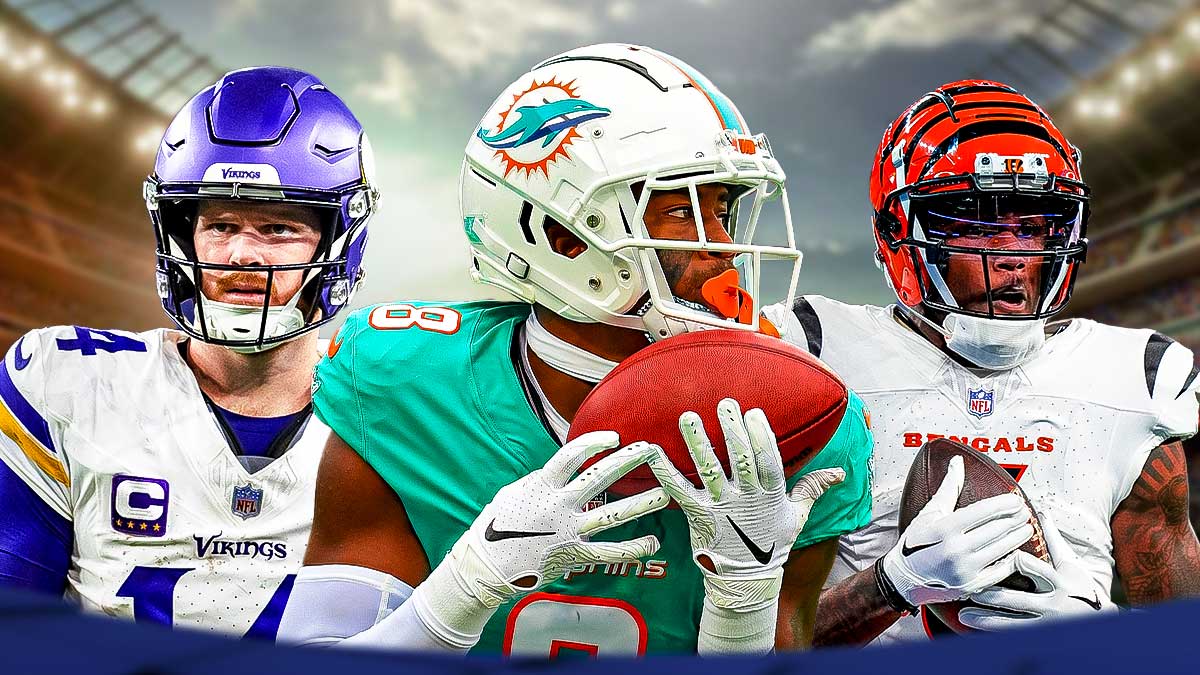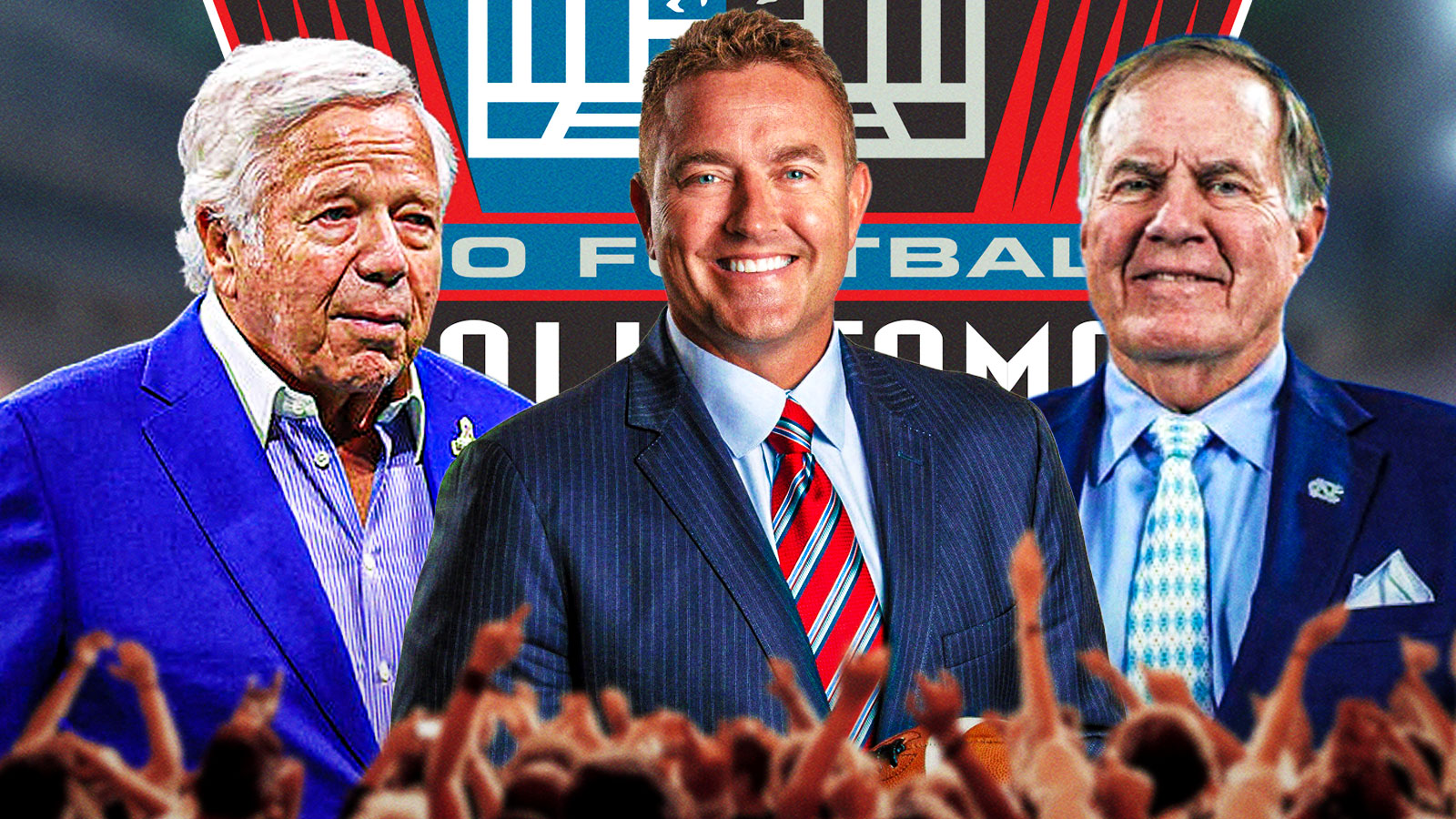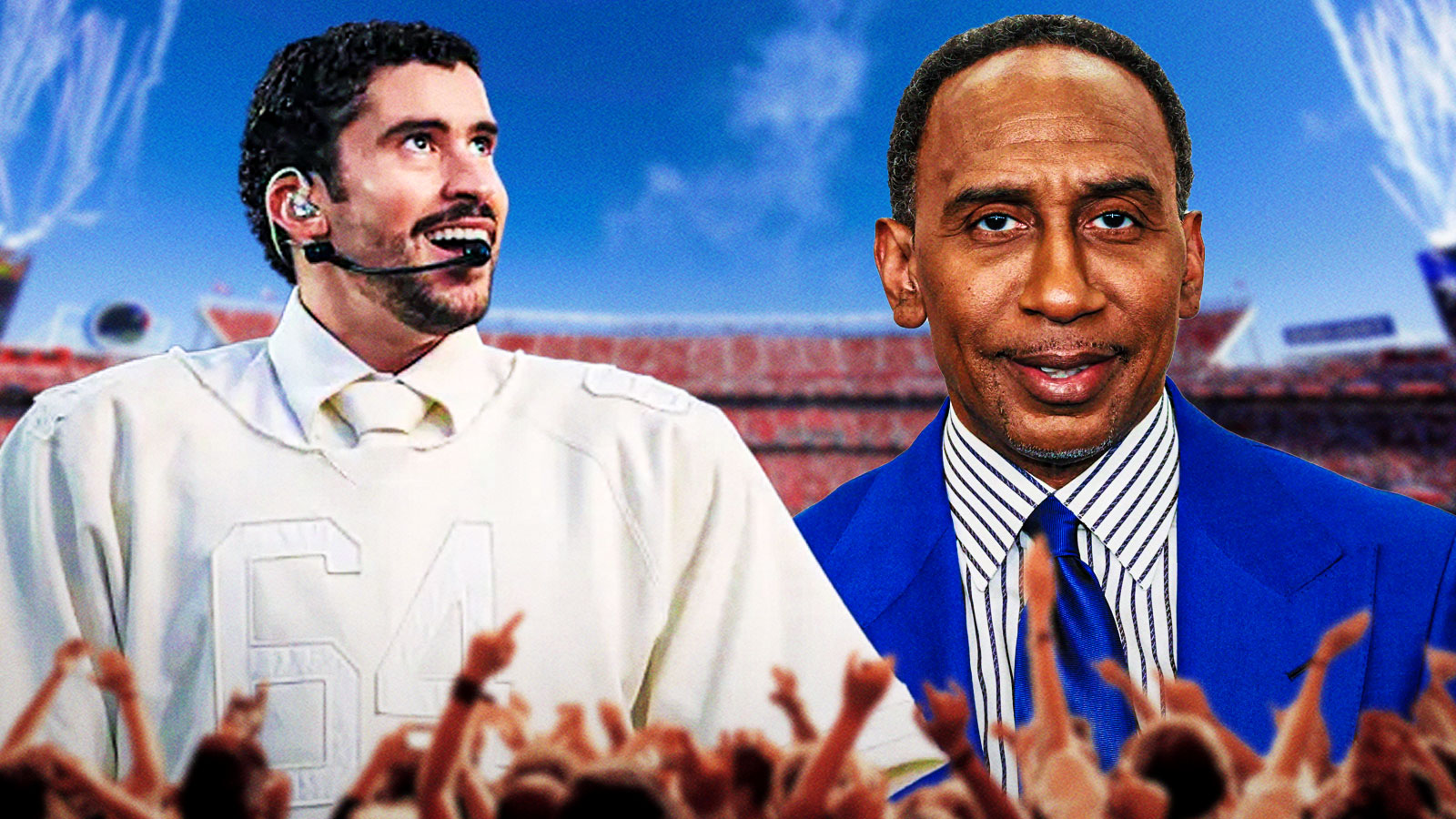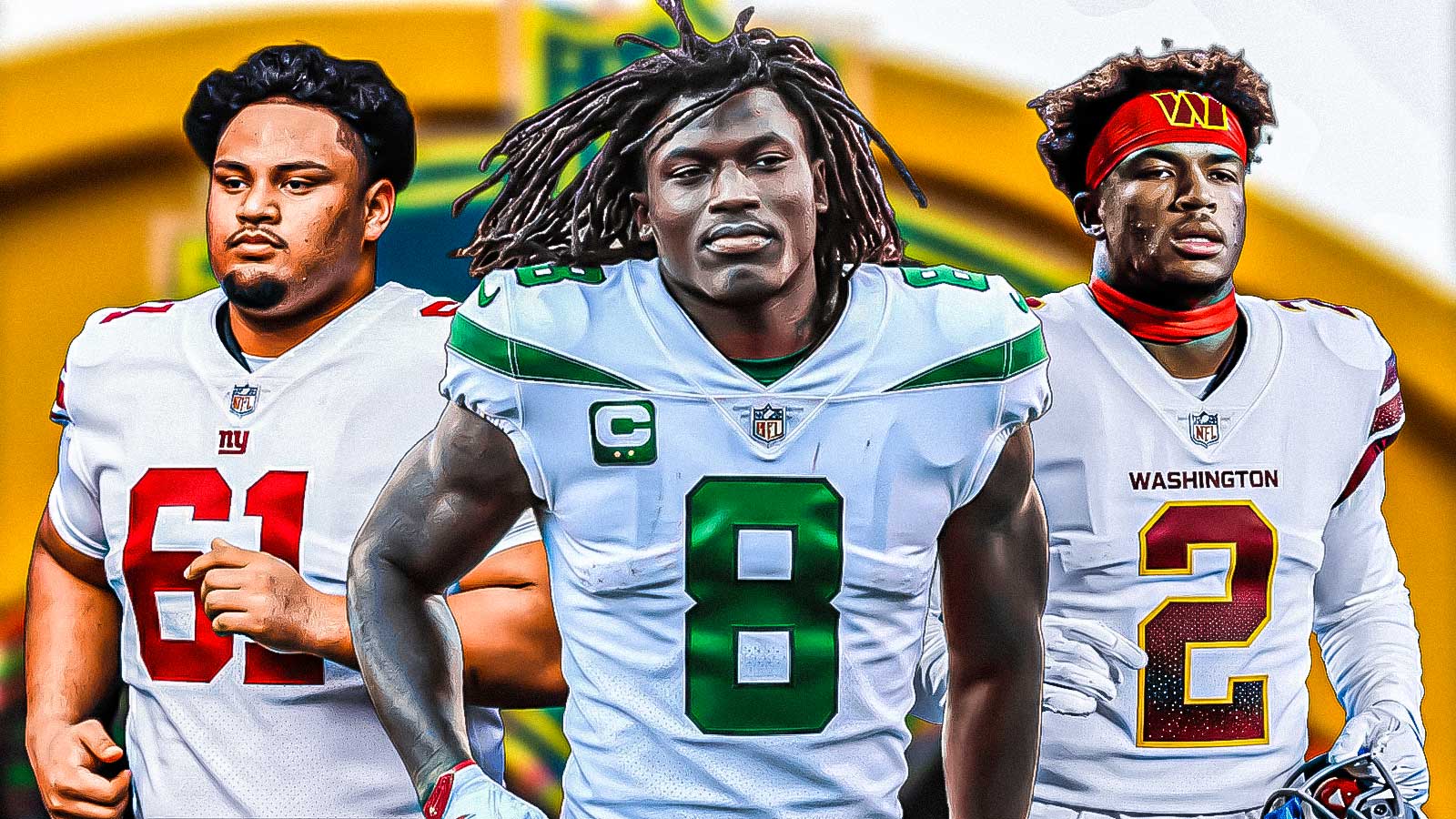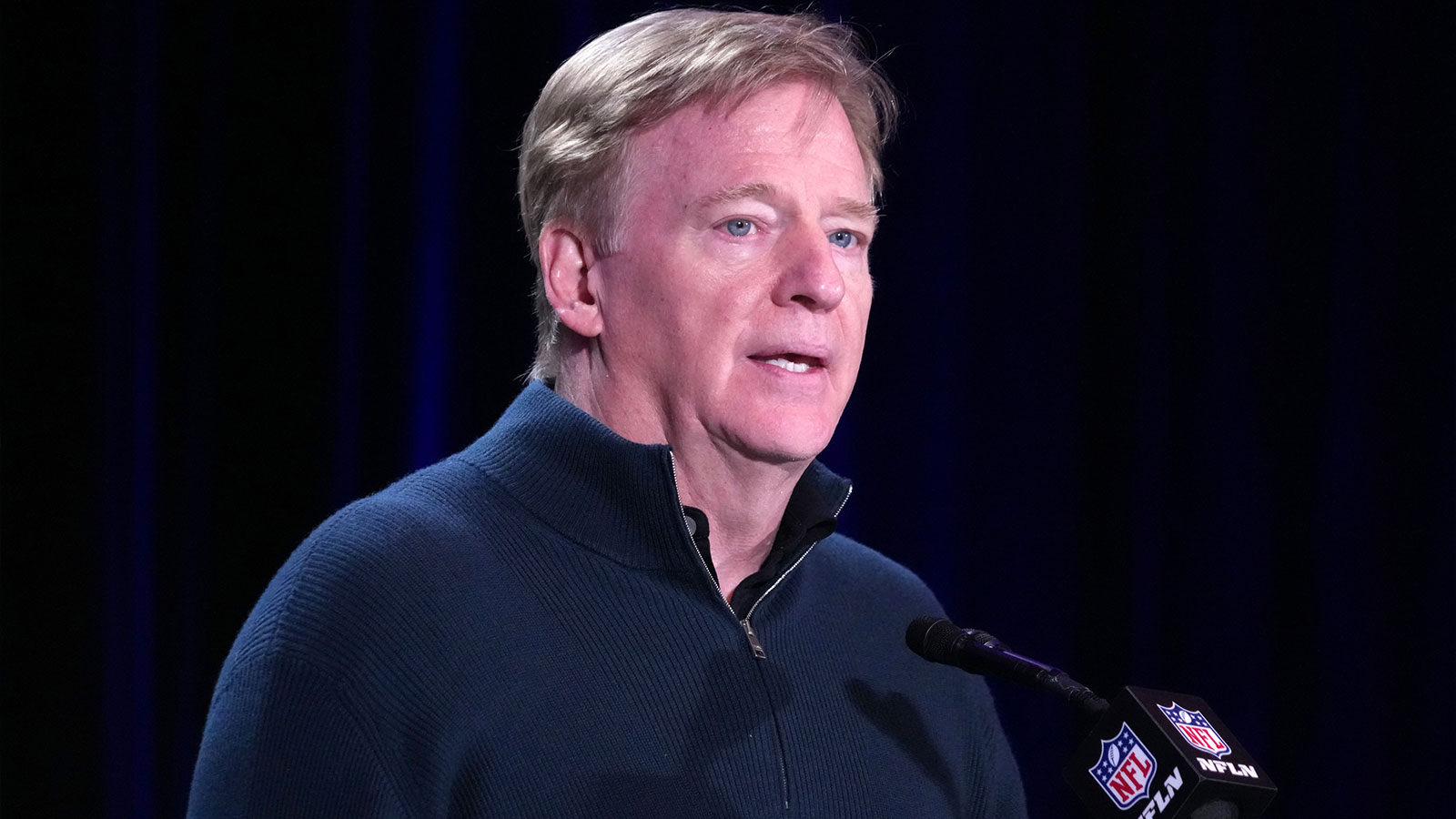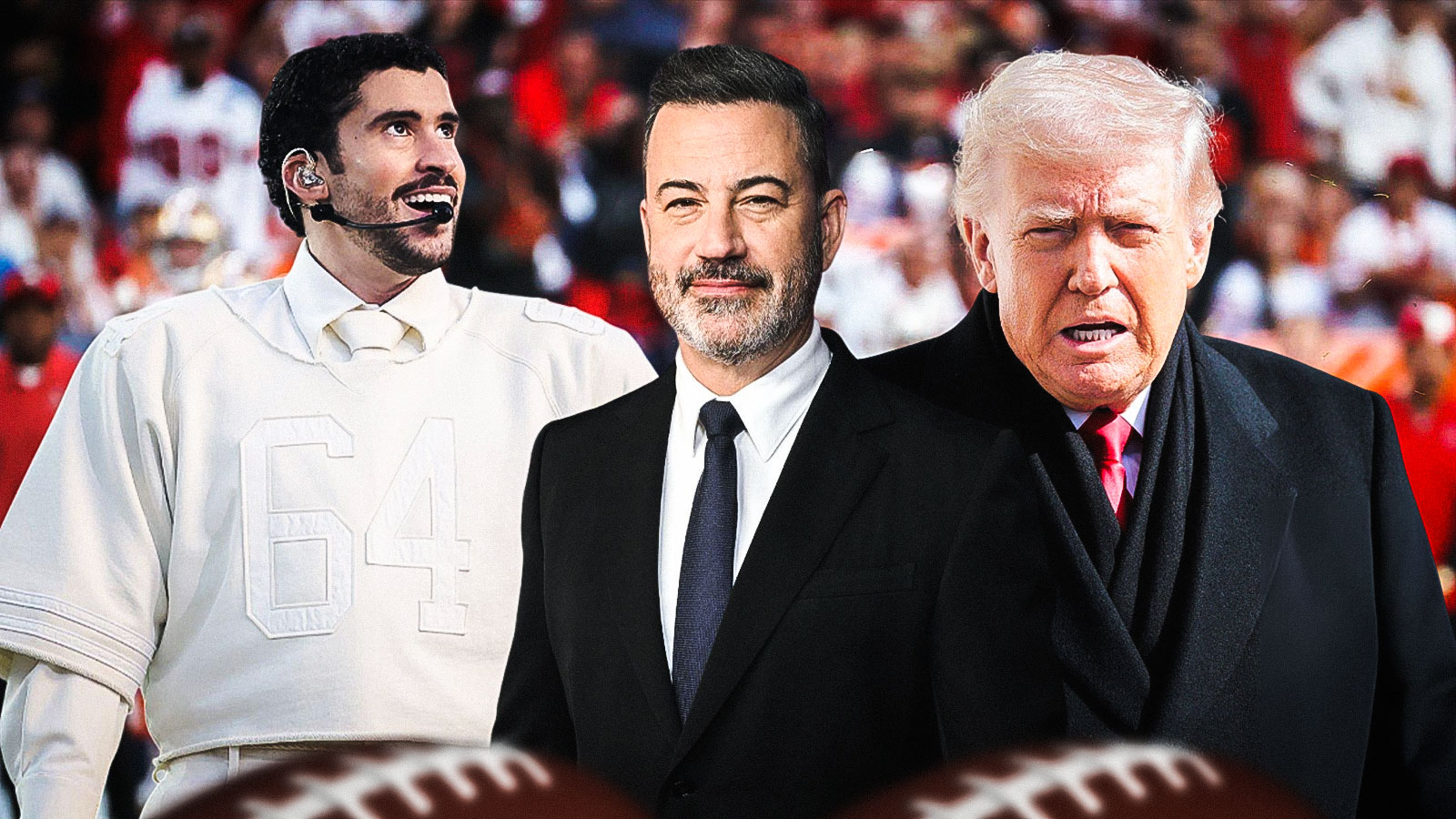For many NFL fans, the offseason is the most fun time of the year. Players switch teams left and right, usually due to free agents signing with new teams. This year, there are plenty of talented athletes set to hit the open market, but not everybody with an expiring contract will end up on a new team. For one, some players will re-sign with their old squad. Additionally, the franchise tag is a tool that teams can use to ensure that their best players don't bolt in free agency. The franchise tag window opened up on Tuesday, Feb. 18, and in this article, we are going to detail just what the tag is, how much the contract is fiscally valued at, and look at the best players who are candidates to be tagged.
What is the franchise tag?
The franchise is a one-year contract that NFL teams can offer to their impending free agent players. The contract ensures that teams won't lose their best players for nothing, and it is usually handed out when teams and their players haven't been able to come to a long-term contract agreement.
Franchise tag values are expensive, though. Players who are tagged automatically rank among the highest-paid players for the upcoming season. Teams are limited to tagging one player per offseason, and there are three different types of tags that teams have at their disposal. The first type of tag is the exclusive franchise tag. This is a one-year contract worth no less than the average of the top five salaries at that player's position or 120 percent of the player's previous salary, whichever is higher.
Teams using the exclusive franchise tag have exclusive negotiating rights with the tagged player, meaning the player must either sign the tag or sit out the season, as they can't discuss contract talk with other teams. While this is the easiest way for teams to ensure their star player will play for them next season, it also is an easy way to frustrate a player, as it binds them to that team and limits their long-term options. The exclusive tag is rarely used. Drew Brees (2012), Von Miller (2016), Kirk Cousins (2017), and Le'Veon Bell (2017) are the only four players who have had this tag placed on them.
The other franchise tag is the non-exclusive franchise tag. This is also a one-year deal that is worth no less than the average of the top five cap hits at that player's respective position or 120 percent of the player's previous deal, whichever is greater. The difference with the non-exclusive franchise tag is that players are allowed to negotiate long-term contracts with other teams. If they agree to a deal elsewhere, then the tagging team can either match the contract or let the player walk and receive two first-round draft picks in exchange. This is the most commonly used tag.
The third tag team's can use is the transition tag. The less commonly used tag is a cheaper alternative, but it also puts teams at risk of potentially losing their players for nothing. The transition tag is more of a bargain because its contract value is only the average of the top 10 contracts at that position instead of the top five. However, players are still allowed to negotiate long-term deals with other teams, and if they agree to a deal that their original team doesn't want to match, then the tagging team is not compensated with any draft capital.
Franchise tag position values
Players can be tagged a maximum of three times throughout their career. If they are tagged a second time, though, then they are guaranteed to receive a contract that is 120% greater than their last deal. A third time being tagged increases that number to 144% of their last contract. The positional contract values for franchise tags are below.
Quarterback: $41.325 million (non-exclusive) – $35.267 million (transition)
Running back: $13.629 million (non-exclusive) – $10.823 million (transition)
Wide receiver: $25.693 million (non-exclusive) – $22.523 million (transition)
Tight end: $14.241 million (non-exclusive) – $12.069 million (transition)
Offensive line: $25.156 million (non-exclusive) – $22.745 million (transition)
Defensive end: $24.727 million (non-exclusive) – $20.769 million (transition)
Defensive tackle: $23.468 million (non-exclusive) – $18.934 million (transition)
Linebacker: $27.050 million (non-exclusive) – $22.612 million (transition)
Cornerback: $20.357 million (non-exclusive) – $17.198 million (transition)
Safety: $19.626 million (non-exclusive) – $15.598 million (transition)
Kicker/punter: $6.459 million (non-exclusive) – $5.830 million (transition)
Deadline to tag players
Teams have until Tuesday, March 4, at 4 p.m. ET to inform players/the league if they are using the franchise tag. The window to tag players opened up on Feb. 18, but it isn't usually a race out of the gates to tag players. Players who sign the tag can work out long-term deals, but if these deals aren't agreed to by July 15, then the player must play out the season on the one-year franchise tag.
In 2024, nine players were franchise-tagged. That list of players includes Josh Hines-Allen, Brian Burnes, Tee Higgins, Jaylon Johnson, Nnamdi Madubuike, Michael Pittman, L'Jarius Sneed, Antoine Winfield, and Kyle Duggar (transition tag). All of those players, except for Higgins, ended up signing a long-term deal with the team that tagged them (Sneed was traded from the Kansas City Chiefs team that tagged him to the Tennessee Titans before he signed a long-term deal).
Franchise tag candidates
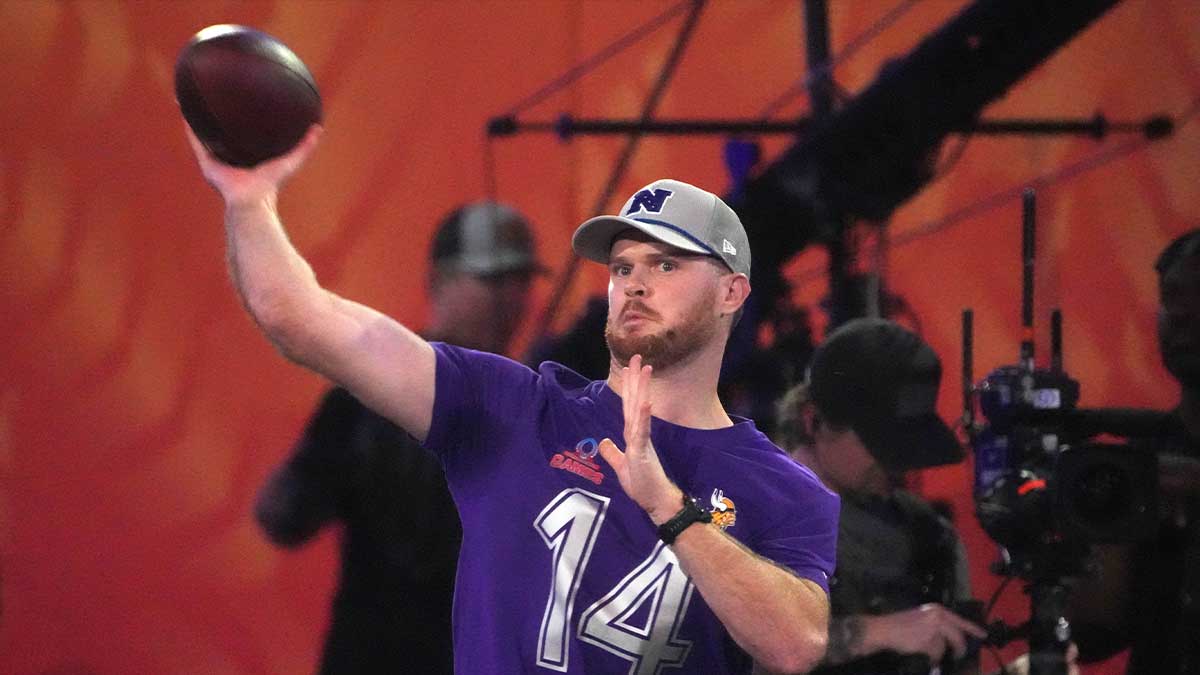
The Cincinnati Bengals have shown a refusal to extend their players early, and now that might force them into franchise tagging Higgins yet again. Higgins helps form one of the best receiving corps in the NFL with the Bengals, as he is arguably the best second option (behind Ja'Marr Chase) in the NFL. He is our top free agent in 2025. Because Higgins has already been tagged before, his next deal – if he were to be tagged – would pay him 120% of the money he made last season.
Higgins was a touchdown machine last year, but the Joe Burrow-led Bengals still ended up missing the playoffs. It is fair to say they'd take a step back without Higgins, but the team's biggest problem was defense. If they choose not to tag/re-sign Higgins, it will be because they need to allocate money to that side of the football.
Sam Darnold seems like one of the most likely players to be franchise-tagged this year. He is the top quarterback set to hit the open market, and he just had a monster season with the Minnesota Vikings at age 27. Darnold threw 35 touchdown passes in a breakout season that culminated in a Pro Bowl appearance.
However, the Vikings might be hesitant to lock him down long-term, which makes him a prime franchise tag candidate. Before the breakout season, Darnold was viewed as one of the biggest draft busts in recent memory. Fans have also questioned if the play-calling genius of Kevin O'Connell is the biggest reason Darnold thrived in 2024, and he even faded late in the season. Additionally, the Vikings have already invested in a quarterback of the future, as J.J. McCarthy was drafted in the first round in 2024, and he may have supplanted Darnold as the starter had it not been for a season-ending meniscus injury. Still, it would be tough to let Darnold up and walk in free agency after he put up such big numbers in the most important position in football.
Trey Smith and Jevon Holland are two other players primed to be tagged. They rank second and fifth, respectively, behind Higgins on our 2025 free agent rankings. Smith is one of the best offensive guards in the league, and the Chiefs have already lost so many star players during this dynasty run. Patrick Mahomes struggled to stay upright during Super Bowl 59, so losing another offensive lineman would hurt. Smith doesn't play the more prestigious tackle position, though, so reports have suggested that the team might try to save a couple of dollars and give him the transition tag rather than the non-exclusive franchise tag. However, now it is being reported that the team might not tag Smith at all.
Holland is only 24 years old and already one of the best safeties in the NFL, so he is a huge priority for the Miami Dolphins. Look for Miami to tag him and then quickly work on a long-term deal to keep him around.
Zack Baun is another franchise tag candidate. Like Darnold, he was a breakout player in 2024. Baun was mainly a special teamer with the New Orleans Saints before becoming one of the best off-ball linebackers en route to a Super Bowl victory with the Philadelphia Eagles this season. The Eagles have a lot of talent hitting the open market this year, especially on defense, so they will likely give the franchise tag to one of the players from their front seven.

